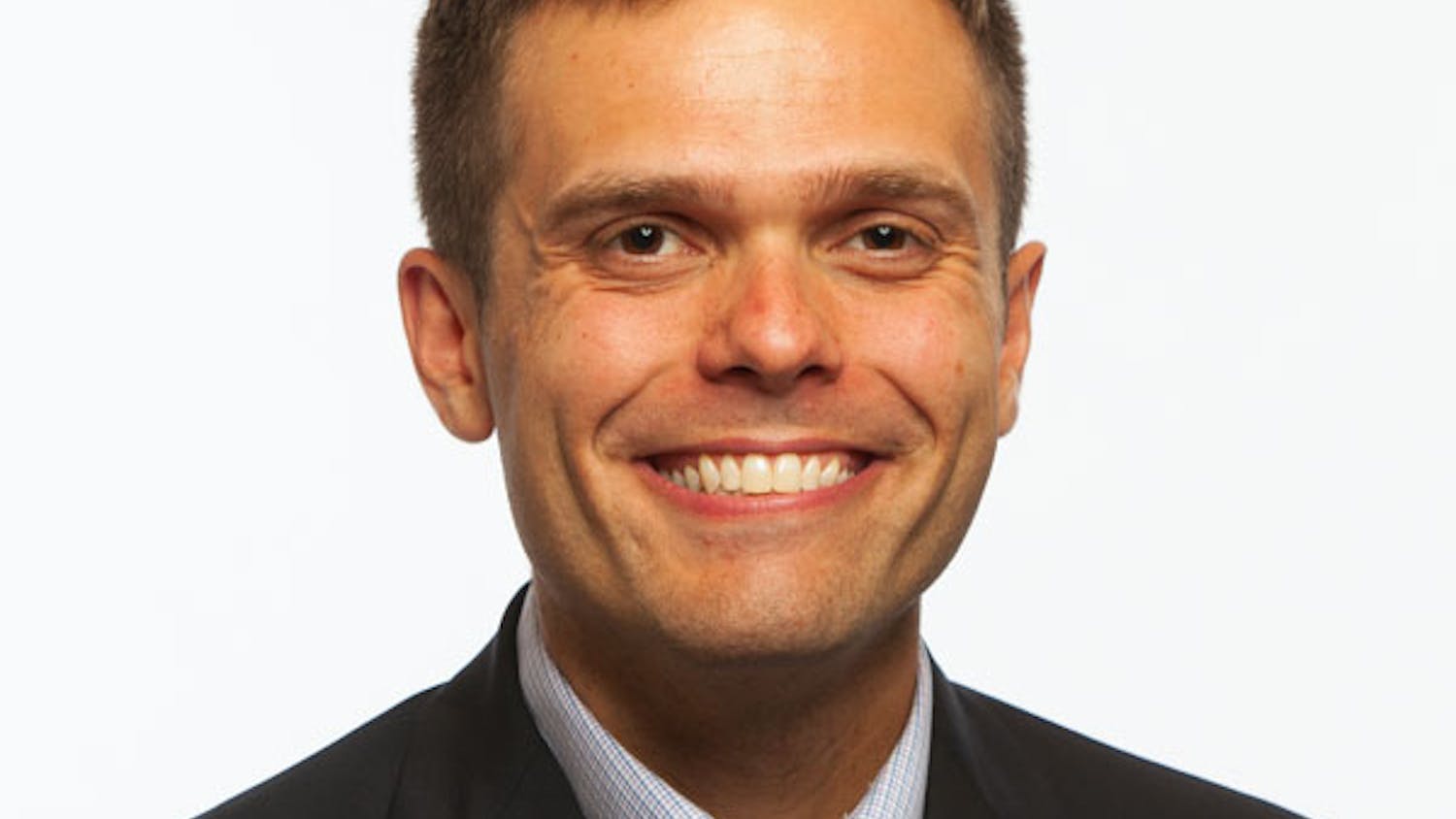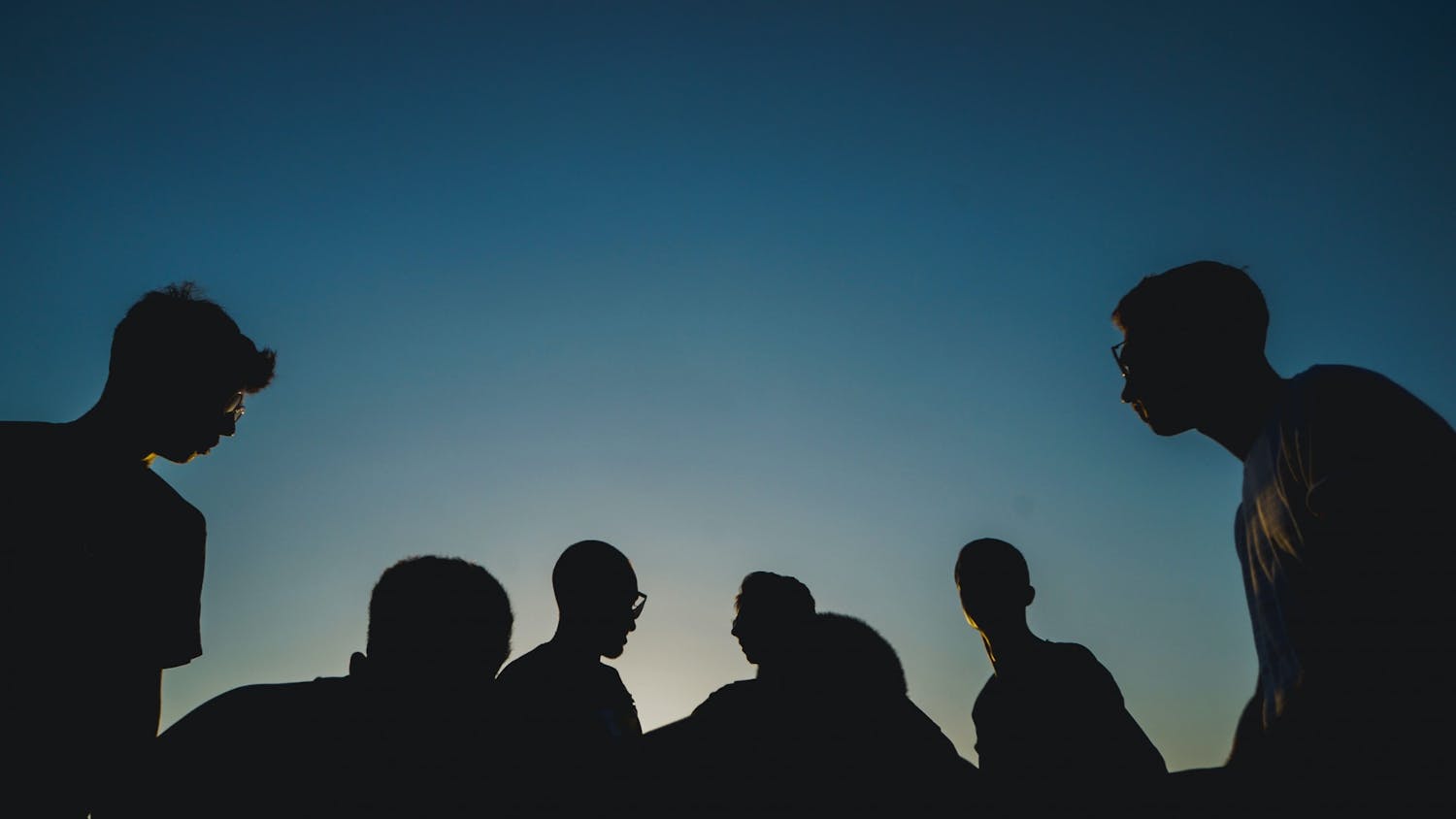Choros, a Taylor student discussion group that is reemerging after having dwindled during the pandemic, has dedicated this semester to listening to student perspectives on their experiences with gender and sexuality on campus based on discussions guided by recent survey results collected by the group.
Senior Abby Wilson, the president of the group, said she is working with the results of the anonymous all-campus survey Choros distributed through Taylor student announcements where students were asked to share their experiences with gender and sexuality on Taylor’s campus, and what they want fellow students to know.
The 40 responses spanned from topics such as womanhood, asexuality and singleness on campus, to more difficult issues at Taylor issues such as gay and transgender identies.
The survey closed with a section for anyone who had something they wanted to share that didn’t fit into the categories listed to write what they wanted. These responses have guided and will continue to guide the group’s discussions.
Wilson said she was very pleased with the response to the survey.
“I feel like people were really honest, which is all we needed,” Wilson said. “All we needed was people to just tell us what they thought and we could go from there. I feel like people did share things that they wouldn't have been able to say otherwise.”
In the past, Wilson said she has met people that want others to hear their stories, but fear the repercussions that would come without anonymity.
Member and secretary of Choros, senior Micah Mosse, also said she feels a personal importance for the surveys, and hopes that they will generate in-depth and compassionate discussion amongst students.
“I think at Choros, and at Taylor at large, we tend to discuss gender and sexuality issues as very abstract, far-away things,” Mosse said. “These surveys challenge that presupposition, and let people know that these issues are much closer to home and personal.”
Choros’ Visions and Guidelines document states that it seeks to create a safe environment to hold these conversations surrounding sexuality and the way it intersects with faith at Taylor, while developing student leaders that can love and serve all.
“The intent of the group is not to champion a particular agenda, perspective, or policy, but rather to extend the university's commitment to whole-person formation within a nurturing Christian community to issues of sexuality,” the documents say.
Choros is not an official student club of Taylor and does not receive the funding or administrative support of a club, Wilson said.
Choros was founded in the fall of 2011 as a private group after a guest speaker of a world religions week prompted students to consider how they could follow their convictions with civility. In 2012 it became an open forum for campus student leaders at Taylor who were inspired by this and started meeting weekly with Kevin Diller, professor of philosophy and religion, and other professors and faculty on campus. Diller has remained the faculty liaison of the group since its inception.
Skip Trudeau, vice president for Student Development, confirmed this, saying, “Diller does serve in this role.”
“Above pushing a certain agenda, it is most important to us that, through Choros, (campus) recognizes) their Imago Dei and feel loved and seen by God,” their guideline document states. “We recognize that Scripture encourages an attitude of humility and faith seeking understanding towards this end, we seek to interact respectfully with one another regardless of any individual's perspective.”
Diller also defines Choros as things it is not: an activist group looking to change Taylor’s policies, nor just a group for LGBTQ+ individuals at Taylor.
In addition to helping Choros define internally, he sees himself as a liaison between Choros and administration, to help advise Choros in what face to put forward and publicly advertise, and to help administration understand Choros’ goals.
“(The purpose of the group) is to provide, as the Greek word is supposed to indicate, open space or safe space for dialogue on the difficult conversations around sexuality and gender and within the shared framework of Christian faith,” said Diller. “The values and principles that guide Choros are ones of gracious discourse. And so it serves this very helpful, educational space in a place where people shy away from conversation because of it being loaded and personal, where there's a lot of harm being done, maybe in the name of Jesus.”
Over time, the group has waxed and waned in size. Their largest internal event hosted 20 people and their largest external 50, but by 2017 it was down to three regular attendees. In Wilson’s time as president, she has seen the group shrink and grow in relation to the pandemic. Numbers are on the upswing again, which excites her.
Currently, meetings are held every other Thursday at 7 p.m. in the back of the Dining Commons. Wilson encourages everyone to come, regardless of if they feel the group is personal for them or not. Her hope is for students to share their personal experiences, ask questions, learn about others’ experiences and learn how to love each other more through it.
“It’s not a commitment,” Wilson said. “You can show up just to try it out, or if you are interested in a specific topic. However, if you think that the topic in general is not applicable to you, I would maybe push back on that a little and say you probably know and love someone who is affected by these issues. So if you want to know how to love those neighbors, I think this could be a good way to do that.”





